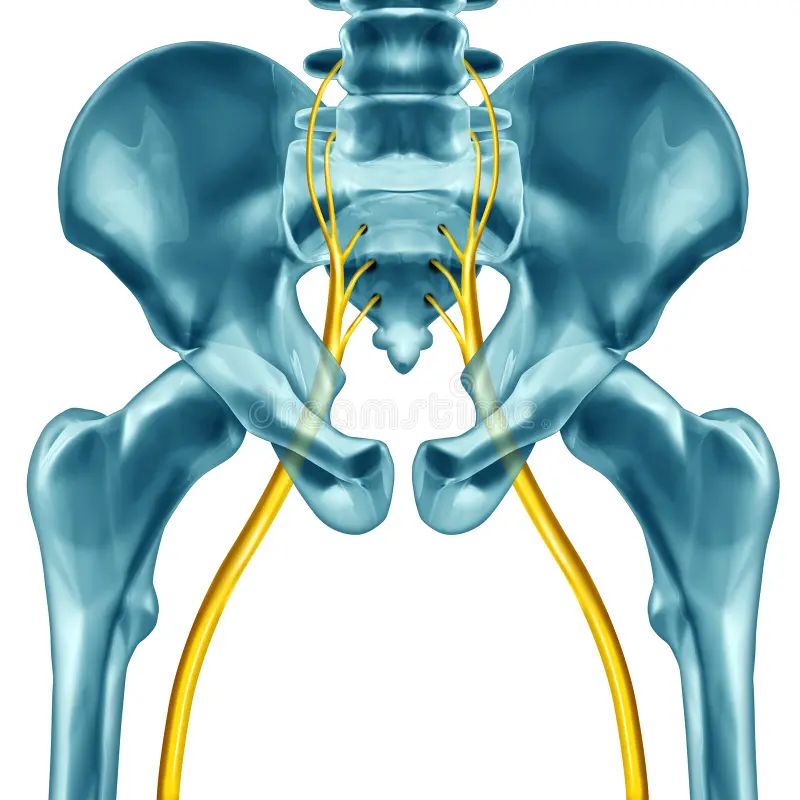What are Spinal Tumors?
Spinal tumors refer to abnormal masses that develop within the spinal cord, the vertebrae, or surrounding tissues. These tumors can be benign (non-cancerous) or malignant (cancerous) and may cause significant neurological and physical symptoms due to compression of the spinal cord or nerves. Mr. Irfan Malik offers specialized diagnostic and treatment options for managing spinal tumors.









